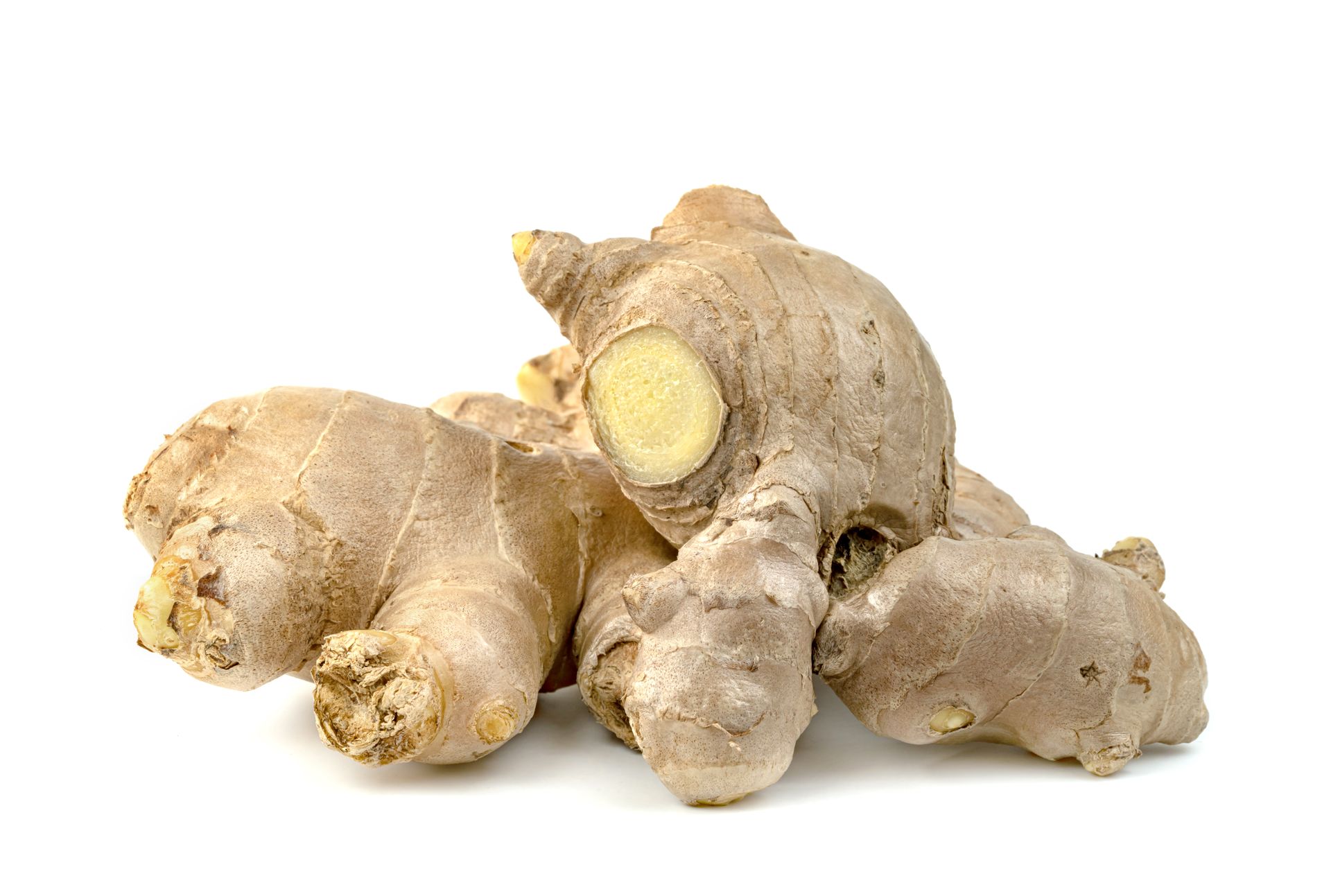Ginger (Zingiber officinale) is a knobbly root that’s been used in Indian and Chinese medicine for over 2,000 years. Celebrated for its warming spice and calming aroma, ginger isn’t just a kitchen staple—it’s also one of the most studied medicinal herbs in the world. With uses ranging from nausea relief to joint pain reduction, ginger has secured its place as a functional food in the modern wellness toolkit.
Whether you sip it in tea to soothe an upset stomach, toss it into stir-fry for a spicy kick, or take it as a supplement, ginger delivers potent anti-inflammatory and antioxidant effects. It’s especially beloved by athletes, pregnant women, and anyone looking for natural relief from chronic inflammation, motion sickness, or bloating. Keep reading to discover how a humble root can bring holistic healing from head to toe.

Benefits Highlights:
- Nausea relief: Extensive clinical trial data (109 trials) support ginger’s efficacy for pregnancy-related nausea & motion sickness healthline.com+6healthline.com+6timesofindia.indiatimes.com+6health.com+4pubmed.ncbi.nlm.nih.gov+4pmc.ncbi.nlm.nih.gov+4frontiersin.orghealth.compmc.ncbi.nlm.nih.gov.
- Digestive support: Helps bile flow, reduces bloating and gas.
- Pain & inflammation: May ease arthritis, migraine, exercise-induced inflammation via COX/LOX inhibition onlinelibrary.wiley.com.
- Cardio support: Can lower LDL, triglycerides, and raise HDL levels .
- Antioxidant & gut health: Contains compounds with antimicrobial activity (effective vs E. coli, S. aureus) journals.lww.com.
✅ How to Consume:
- Fresh ginger tea, added to curry or smoothies.
- 500–2,000 mg daily from food or standardized supplements.
- Do not exceed 4 g/day—higher doses may cause mild GI upset.
🔁 Social‑Ready Bite:
Feeling queasy or sore? Sip ginger tea—with science-backed relief. 🌿